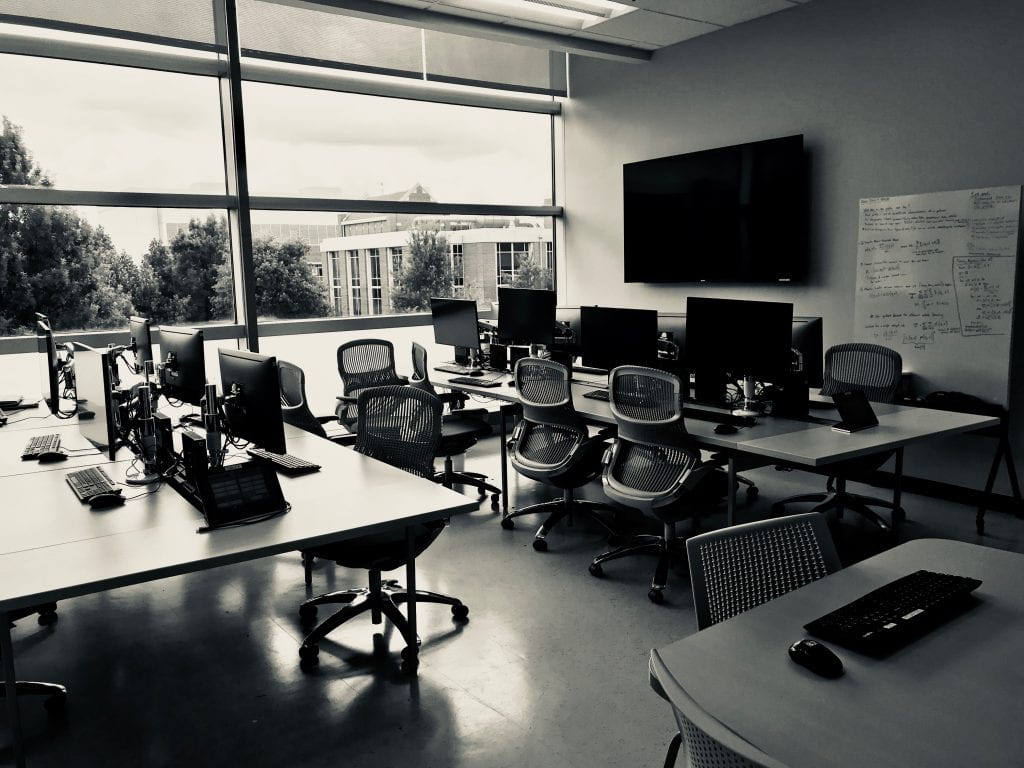
The Laboratory for Pathology Dynamics is grateful to be awarded a 1-year pilot grant from the Emory Alzheimer’s Disease Research Consortium (ADRC) entitled, “Towards network models to differentiate Alzheimer’s from normative aging.” Dr. Mitchell is the PI of this research project, which focuses on the complex data aggregation and integration necessary for future predictive algorithms capable of differentiating cognitive decline due to normative aging from cognitive decline due to pathological Alzheimer’s Disease. As part of this pilot, the lab will be aggregating multiple complex clinical data sets, performing proof-of-concept machine learning prediction on aggregated clinical data, and using novel literature mining software to help prioritize predictive or distinguishing metrics from the published Alzheimer’s and aging literature. The lab will collaborate with clinicians at the Emory ADRC to help prioritize clinical insight and optimize clinical data platforms.

